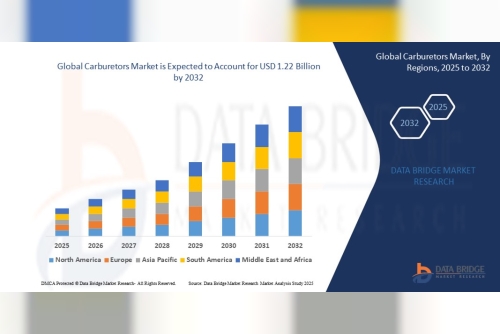Indonesia, with its vast population of over 275 million and a rapidly growing economy, is set to become one of the most lucrative markets for global businesses by 2031. From technology and consumer goods to infrastructure and renewable energy, Indonesia’s economic landscape offers a wealth of opportunities for foreign investors. However, capitalizing on these opportunities requires careful planning and execution.
A successful Indonesia market entry strategy hinges on understanding the nuances of the local market, including consumer behavior, regulatory frameworks, and cultural dynamics. Businesses that invest in building a localized and flexible approach will gain a significant competitive advantage in this thriving economy.
Key Economic Sectors to Watch
By 2031, several industries are expected to dominate Indonesia’s economic growth. Understanding these sectors can help businesses identify where their offerings align best with market demand.
E-Commerce and Digital Services: As Indonesia’s internet penetration deepens, digital platforms for shopping, education, and finance are booming. Companies in the tech space must prioritize scalable and user-friendly solutions.
Renewable Energy: With a strong focus on sustainability, Indonesia is investing heavily in solar and geothermal energy, opening avenues for innovation and partnerships.
Agriculture and Food Processing: Given its agricultural roots, the demand for modernized farming techniques and processed food products remains robust.
Localization: A Non-Negotiable Aspect
Indonesia’s cultural diversity requires businesses to tailor their products and services to meet the specific preferences of various regions. Localization extends beyond language to include product design, marketing campaigns, and even business operations.
Product Customization: Adapting products to align with local tastes, such as halal certification for food products, ensures wider acceptance.
Marketing Strategies: Utilizing local celebrities and influencers to endorse products can significantly enhance visibility and trust among consumers.
Navigating Indonesia’s Regulatory Environment
The regulatory framework in Indonesia can be complex, particularly for foreign investors. Businesses must navigate policies on foreign ownership, import/export duties, and industry-specific compliance requirements.
Investment Restrictions: Certain sectors have restrictions on foreign ownership, necessitating partnerships with local companies.
Taxation and Incentives: Understanding regional tax benefits and government incentives can help businesses optimize costs.
Consumer Behavior Insights
Indonesia’s middle class, which is projected to grow substantially by 2031, is a driving force behind increased consumer spending. Businesses must pay close attention to changing consumer preferences, which are increasingly influenced by global trends.
Preference for Digital Convenience: Online shopping, digital wallets, and on-demand services are becoming staples for urban consumers.
Health-Conscious Choices: Consumers are prioritizing healthy and sustainable products, creating demand in organic food and wellness sectors.
Technology as a Catalyst
Indonesia’s digital economy is evolving rapidly, with businesses leveraging technology to create innovative solutions. From app-based services to blockchain-powered logistics, technology will play a crucial role in shaping market entry strategies.
Data-Driven Decisions: Companies that leverage big data to understand market trends and consumer behavior will stay ahead of competitors.
Smart Solutions: Products that integrate AI, IoT, or automation can capture a tech-savvy customer base.
Building Trust and Relationships
In Indonesia, business success often hinges on relationships. Establishing trust through local partnerships, engaging in corporate social responsibility (CSR), and maintaining transparent communication are vital to building a sustainable presence.
By crafting a well-rounded market entry strategy that incorporates these elements, businesses can unlock long-term growth in Indonesia’s dynamic economy.
The companies can explore opportunities by having a solid Indonesia Market Entry Strategy to grab numerous growth opportunities in Indonesia owing to Indonesia combination of market size, economic potential, strategic location, investment incentives, and demographic advantages makes it an attractive destination for businesses looking to expand their presence in Southeast Asia and beyond












